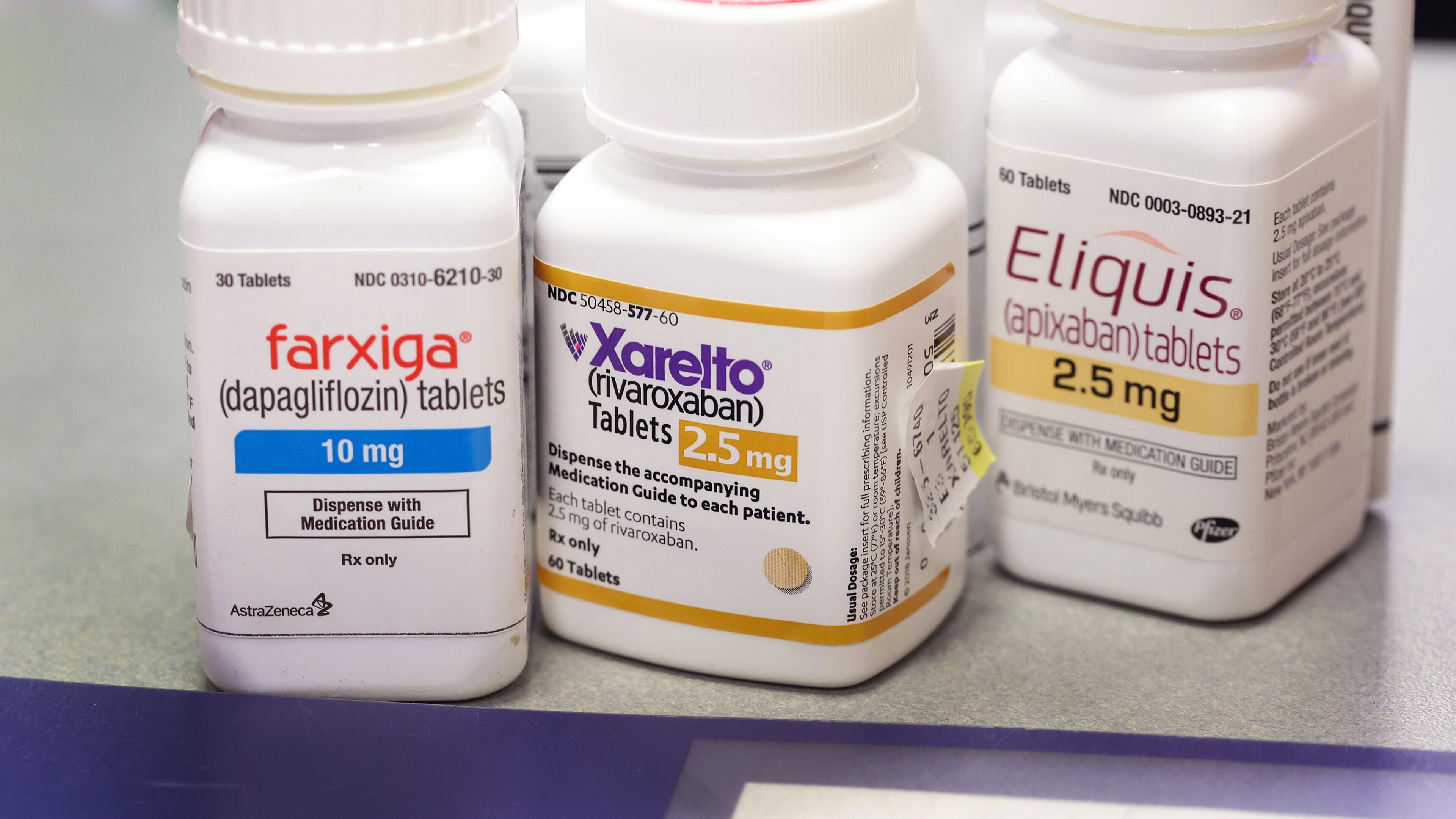Drug price negotiations will bring much-needed relief

President Joe Biden frequently says that the ability to afford needed medicines is about dignity, hope and fairness. Those words have been at the center of the Biden-Harris administration’s work to implement the president’s lower-cost prescription drug law, also known as the Inflation Reduction Act. This past week marked a historic milestone, as the Biden-Harris administration announced new, lower prices for 10 drugs selected for the first cycle of Medicare drug-price negotiations.
As regional director at the U.S. Department of Health and Human Services (HHS), part of my job is to spread the word across North Carolina, South Carolina, Georgia, Florida, Mississippi, Alabama, Tennessee, Kentucky and six federally recognized tribes about the Inflation Reduction Act’s new benefits. As I’ve traveled around Georgia, I’ve spoken with countless Georgians who are shocked to learn that — until now — the Medicare program was prohibited from negotiating prices directly with drug companies on behalf of enrollees. But the Biden-Harris administration’s lower-cost prescription drug law lifted that prohibition, paving the way for lower prices for enrollees and shoring up the promise of Medicare for our children and grandchildren.

Last year, we announced the 10 drugs selected for the first cycle of negotiations, which included costly, lifesaving medicines such as Eliquis, a medicine used to prevent blood clots, and Januvia, a treatment for Type 2 diabetes. Altogether, about 9 million people with Medicare used one or more of the 10 selected drugs in 2023, costing taxpayers more than $56 billion. There is $120 million expected savings for 499,000 Medicare Part D enrollees in Georgia, thanks to 2024 policies limiting Part D out-of-pocket costs. Finally, we’re moving the needle to bring those costs down.
On Aug. 15, 2024, Biden and Vice President Kamala Harris announced the new, lower prices agreed upon between HHS and the participating drug companies. These new, lower prices will go into effect on Jan. 1, 2026 — ushering in a new era of savings for people with Medicare and the Medicare program. If these prices had been in effect in 2023, they would have saved Medicare an estimated $6 billion, or 22% of what Medicare spent on those drugs. That’s money saved for taxpayers and working families.
This is just the beginning. Under the president’s law, new drugs will be selected for negotiation each year, creating the potential to benefit even more seniors and people with disabilities with Medicare, and saving taxpayers more money. To read more about the drugs selected for negotiation and the new prices, go to LowerDrugCosts.gov or MedicamentosBajoPrecio.gov.
Access to lifesaving prescription drugs should not force working families to make gut-wrenching decisions, like forgoing needed medicines to keep food on the table or pay rent. This is what our work to implement the law is all about — and we are proud to usher in a new era for Medicare marked by better prices, hope and peace of mind.
Antrell Tyson is the U.S. Department of Health and Human Services regional director for North Carolina, South Carolina, Georgia, Florida, Alabama, Mississippi, Tennessee, Kentucky and six federally qualified tribes.


